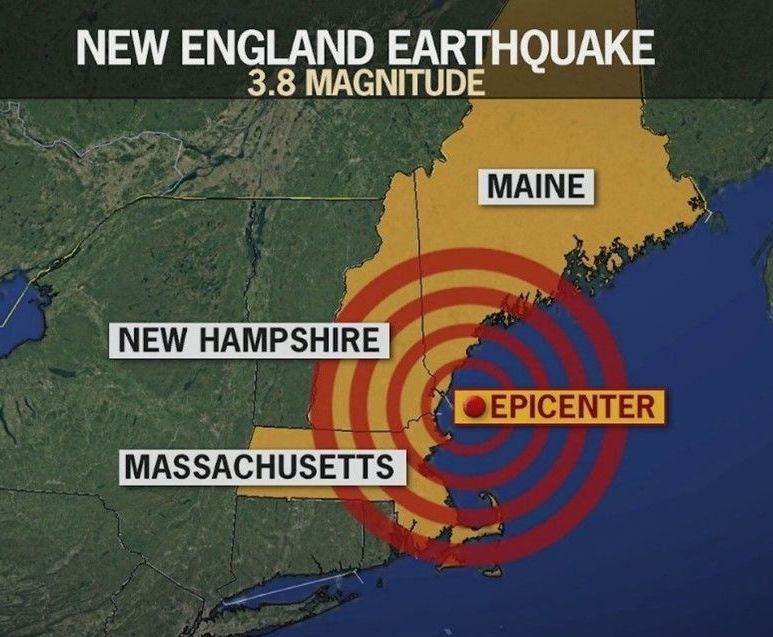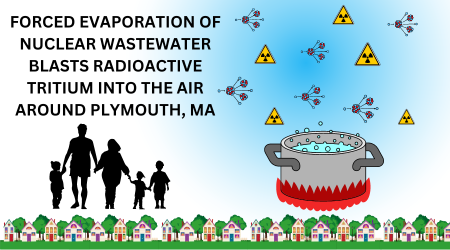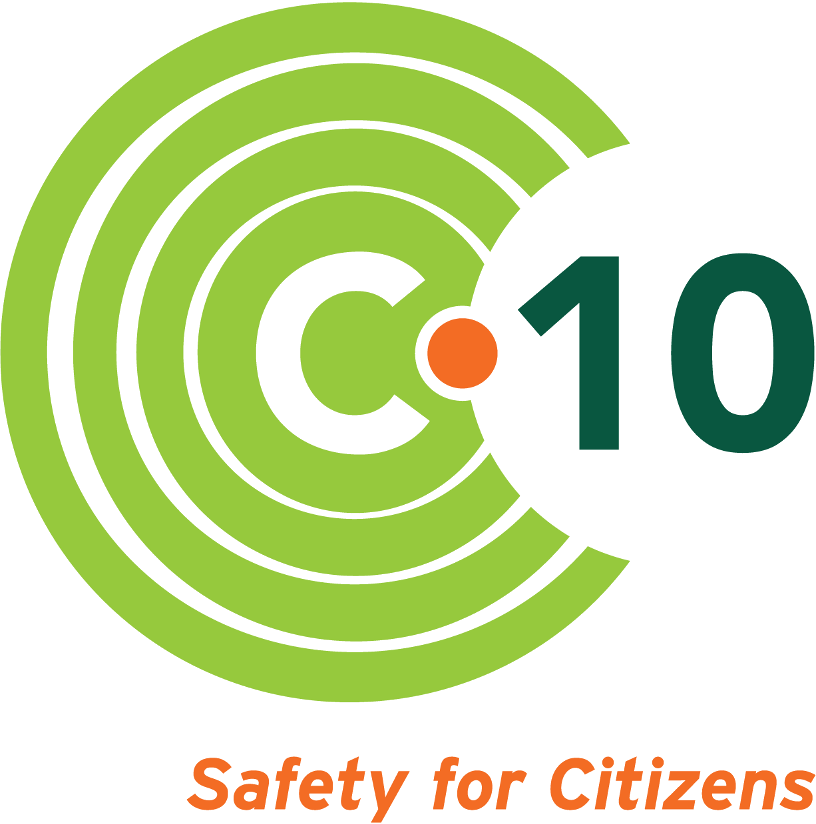Why KI belongs in your emergency kit
- By Juliana Gannon
- •
- 10 Sep, 2021
My summer at C-10 and my quest for KI

Editor’s note: Juliana Gannon served as C-10’s first in-person intern in a while, helping on important research and communications projects. We sure were lucky to have her help! Since Juliana and her family live within the 10-mile emergency planning zone of Seabrook Station, I thought a simple and useful exercise would be to contact the local communities that make potassium iodide (KI) tablets available and compile information for our website.
The second part of the project would be to obtain this thyroid-protecting medicine for her family from the Amesbury Health Department. Unfortunately, that part didn’t prove so simple.
As we learned, the city was undergoing a staffing reorganization, so there was not an established process for residents to pick up the tablets. Besides that, there was a disagreement between some city personnel as to whether the tablets should be distributed freely in case of an emergency, or only after a radiological accident began unfolding. Hmmm…
The Massachusetts Emergency Management Agency’s website states that for maximum effectiveness, KI should be taken as soon as possible if directed, and that waiting several hours dilutes effectiveness in protecting the thyroid. That’s why the state and federal governments recommend that people who live close to nuclear reactors keep KI in their emergency kit.
By the way, September is Emergency Preparedness Month, so it’s a great time to evaluate your own plans, and pick up some potassium iodide, if you need it!
In any event, here is Juliana’s tale. We’re happy to report that Amesbury, like the other six Massachusetts communities within Seabrook’ 10-mile radius, continue to make KI available to residents who request it. Thanks to Juliana, helpful info is on our website, here, including info for New Hampshire residents.C-10 entered into my life while I was searching for a summer internship. I am a senior at Amesbury High School and am applying to colleges in the fall. My goal for the summer was to get hands-on experience related to my major of interest, marketing.
My guidance counselor helped me get in contact with Natalie Hildt Treat, C-10’s executive director, and a member of Amesbury High’s class of ‘93. Through working with Natalie, I have learned valuable information on communications and public outreach as well as nuclear safety and the importance of emergency preparedness.
Natalie asked me to look at C-10’s website and social media and find ways to increase accessibility to important information. For example, we created a chart on the website outlining how, where and who to call to get potassium iodide (KI) tablets.
I gathered information by calling health departments for the six Massachusetts communities within Seabrook Station’s Emergency Planning Zone (EPZ). Additionally, we added links to the New Hampshire KI request form. To check out the KI resource on C-10’s website, click here.

Through my research on potassium iodide, I learned about the important role it has in protecting human health if there is a nuclear emergency. I shared this information with my family and we felt it was necessary to have KI in our house.
In the unlikely event of a radiological disaster, one of the first ways to respond is to take KI. According to the American Thyroid Association, “KI floods the thyroid with iodine, thus preventing radioactive iodine from being absorbed. If taken at the proper time, KI protects the thyroid from radioactive iodine from all sources – air, food, milk, and water.”
One morning I ventured to the Amesbury Health Department to see what the process is to obtain KI. I was met with surprise by my question; it seems not many people know about or come looking for these small, but valuable pills—despite the annual mailer sent to area homes that encourages people to contact their local board of health to receive their free dose of KI (see pg. 13).
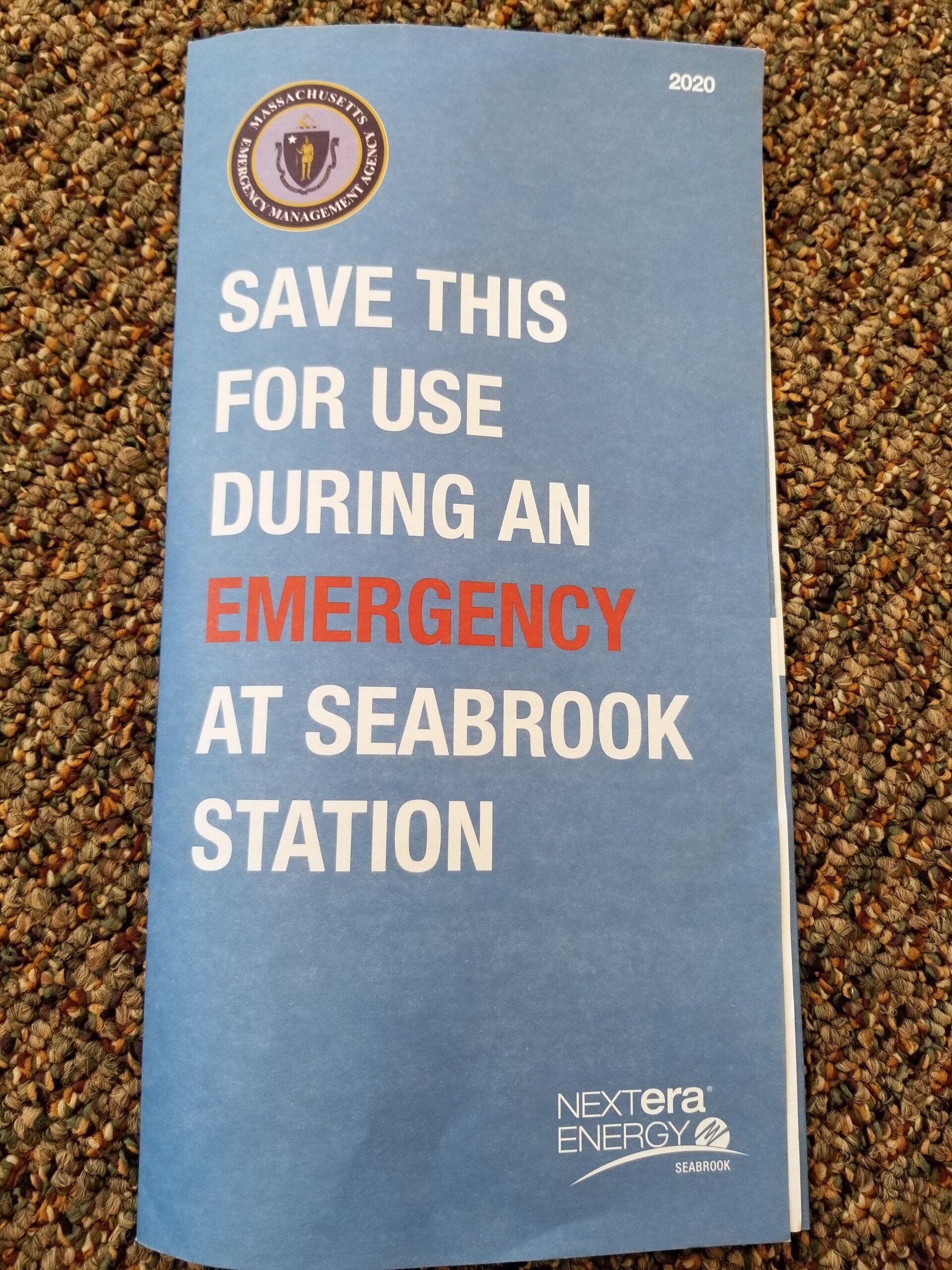
A bit of a goose chase
I was told the health department does not have KI, which led to my confusion—because, as I understood it, the health director was responsible for handling the distribution of the pills. I was given a phone number for the city’s emergency management.
The next Monday I called the emergency management department. Upon asking how I could obtain KI for myself and my family, I was told that Amesbury does not distribute KI unless there is a radiological emergency.
This contradicts with information provided by the Massachusetts Emergency Management Agency, which states, “Potassium iodide can be obtained for those in an EPZ free-of-charge from local Boards of Health. It is recommended that communities in the EPZ stockpile KI for their residents to keep as part of their own emergency preparedness kit.”With Natalie’s help, we were able to sort out the confusion. I spoke with Deb Ketchen, Amesbury’s new health agent, and learned that the department does in fact have a stockpile of KI available for residents.
After a couple weeks had passed, I received an email from the city's health nurse, Tina LaCourse. She sent me a new form to fill out so I could pick up KI. She told me, “My intention is to streamline the process; to require an electronic or paper request for pills, a signature at pick up, to track the distribution as well as an acknowledgment for residents of dosage and KI use.” It is great to see that Amesbury is working out a new and improved way of handling the distribution of KI.
The day before my final day at C-10, I met Deb Ketchen at the Health Department and acquired the potassium iodide at last. Hooray! I leave C-10 with many great takeaways, as well as a larger interest in environmental work. I will continue posting on the C-10 Instagram account, so if you haven't already, please follow us @c10forsafety.
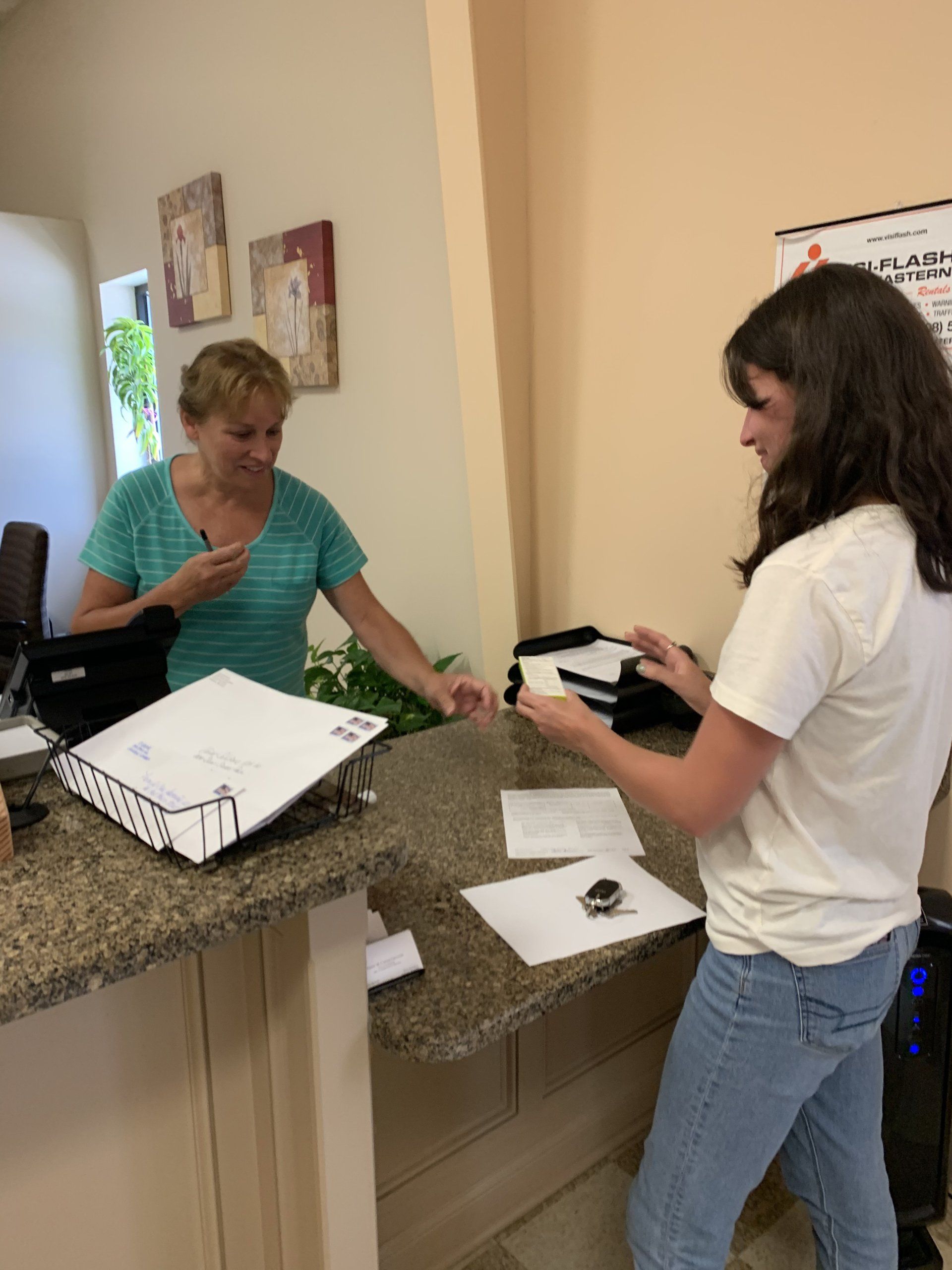
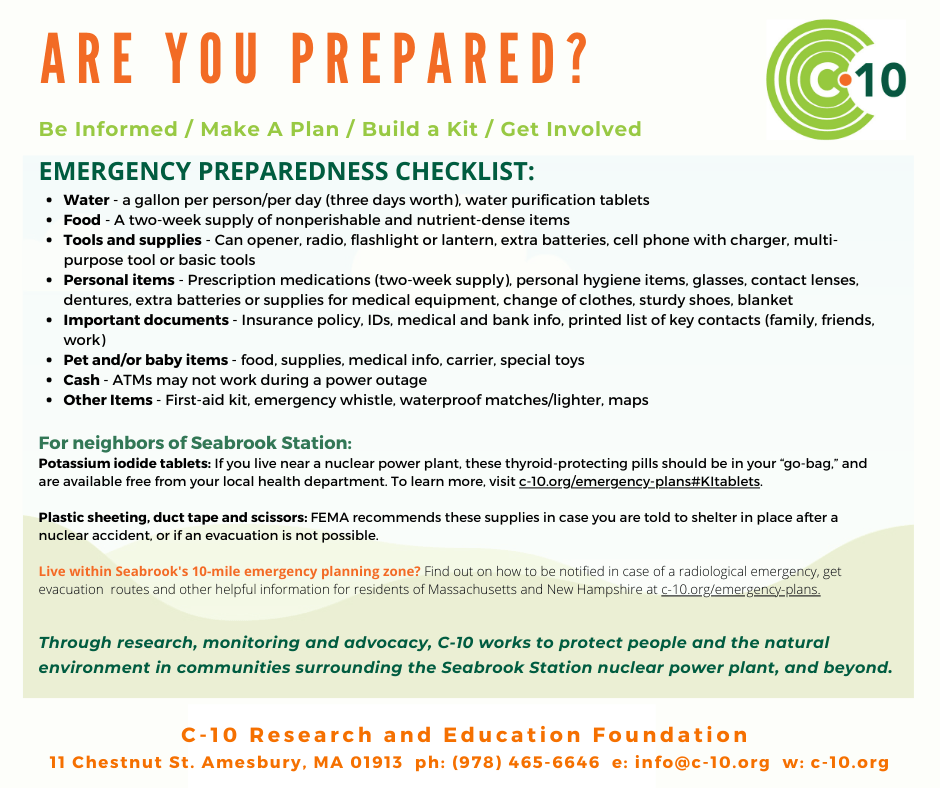
Follow us

